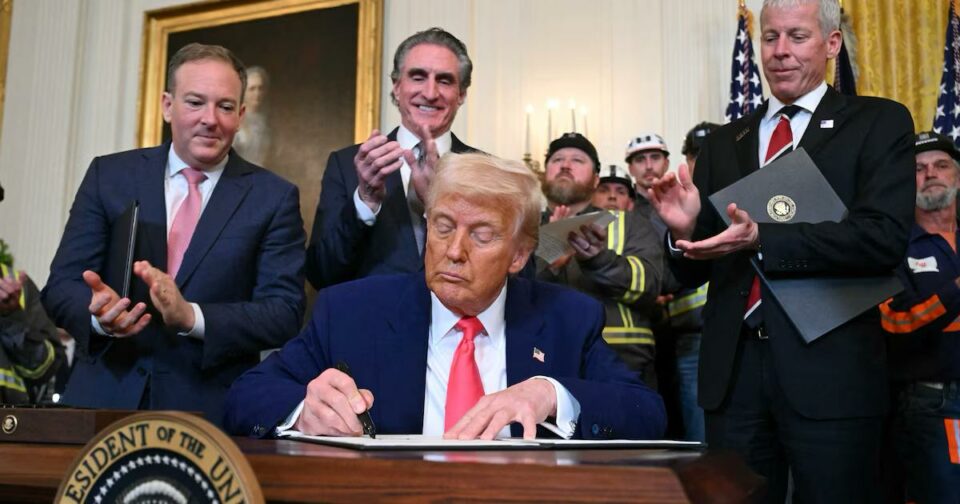

Washington, D.C. June 5, 2025 Former President Donald Trump, now back in office, signed an executive order on Wednesday imposing new travel restrictions on nationals from 12 countries, citing national security concerns and the need to bolster vetting procedures for foreign entrants.
The affected countries include Afghanistan, Myanmar, Chad, Congo, Equatorial Guinea, Eritrea, Haiti, Iran, Libya, Somalia, Sudan, and Yemen. The order, which takes effect on June 9, will not revoke any visas issued prior to that date.
In a statement delivered from the White House, President Trump referenced a recent violent incident in Boulder, Colorado, as the impetus for the move. “The recent terror attack in Boulder has underscored the extreme dangers posed to our country by the entry of foreign nationals who are not properly vetted and we don’t want them,” he said.
The incident in question occurred during a public gathering held in support of hostages in Gaza, where 12 people were reportedly injured after an individual threw explosive devices into the crowd. Authorities have since apprehended a suspect, though investigations remain ongoing.
President Trump placed blame on what he characterized as President Biden’s “open door policies,” claiming they led to “millions of illegals” entering the United States during the previous administration. He emphasized that his own earlier travel bans had been “a key part of preventing major foreign terror attacks on American soil.”
According to the White House, a comprehensive review of high-risk regions was initiated on Trump’s first day back in office, forming the basis for the current list of restricted nations. Officials noted that the list remains fluid and may be revised based on conditions in the respective countries. Additional nations could also be added “as new threats emerge around the world.”
Critics of the policy have expressed concerns that the new travel ban could disproportionately impact refugees and families seeking reunification, while human rights organizations are calling for greater transparency and evidence to justify the designations.
Emebet Asefa , Correspondent Addis Ababa , Ethiopia




